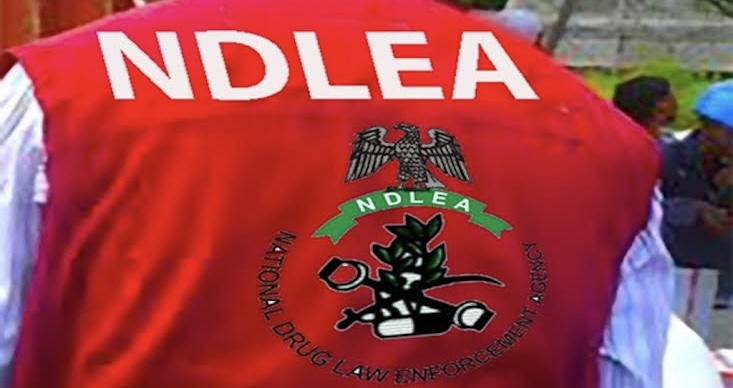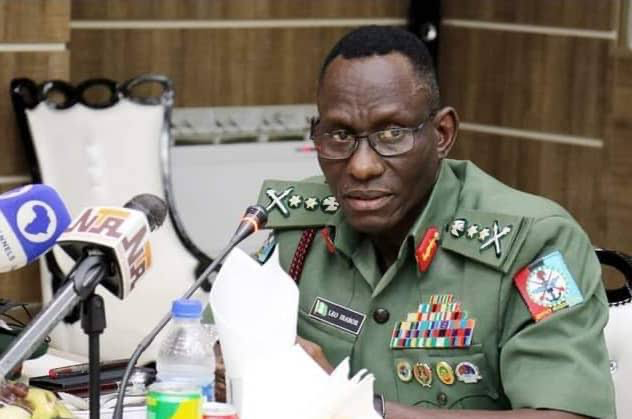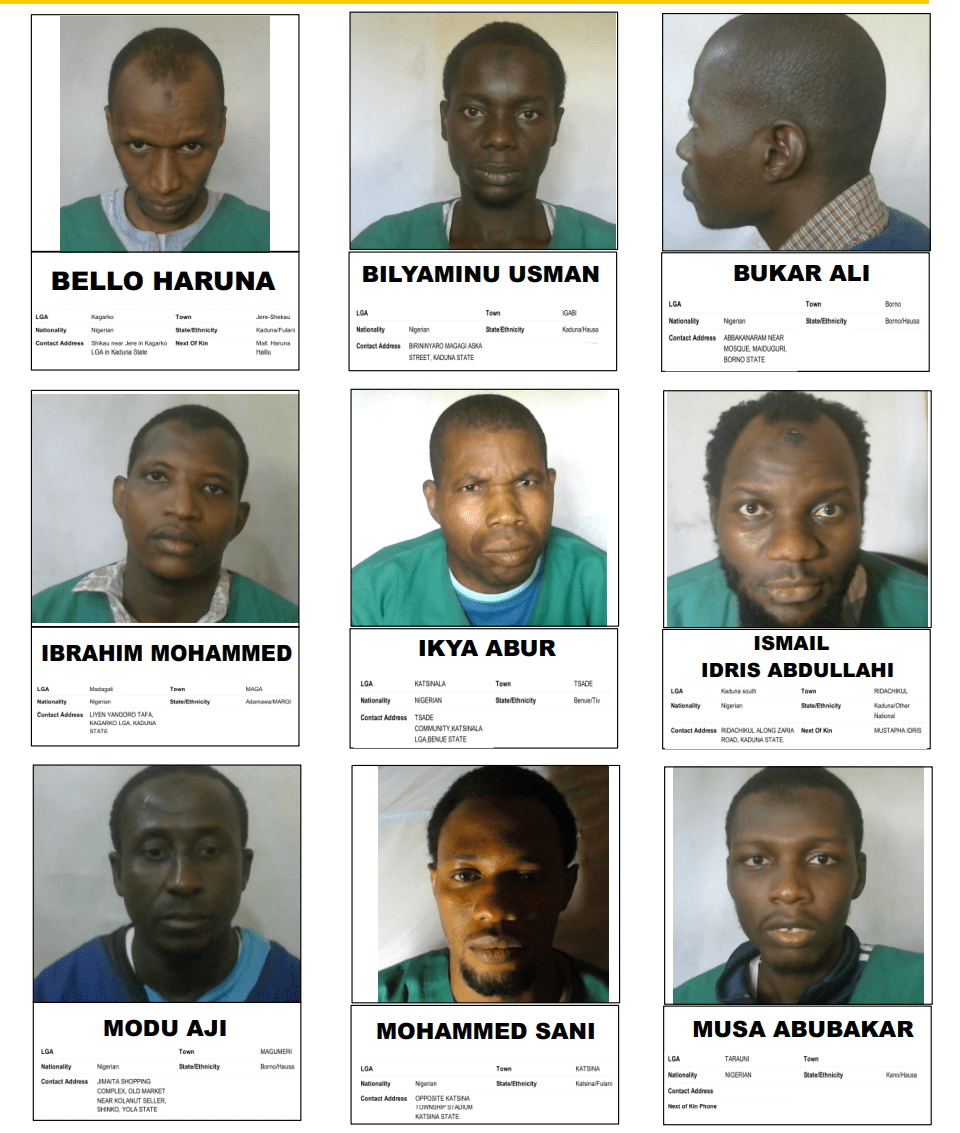A revealing conversation with NDLEA’s spokesman, By Arafat A. Abdulrazaq
If you have ever wondered how the National Drug Law Enforcement Agency (NDLEA) keeps pulling off those jaw-dropping busts — intercepting cocaine tucked inside prayer beads bound for Saudi Arabia, or methamphetamine camouflaged inside music speakers — you are not alone.
Like many Nigerians who marvel at the audacity of traffickers and the brilliance of the agency’s operatives, I found myself drawn to the question: How does the NDLEA manage to stay several steps ahead of these criminal masterminds?
Determined to find out, I paid a visit to the NDLEA headquarters during the week. There, I had a riveting conversation with the agency’s spokesperson, Mr Femi Babafemi — a man whose calm confidence reflects the NDLEA’s quiet but relentless efficiency.
Right from the start, Mr Babafemi made it clear: technology is at the heart of the agency’s success. “Our technological expertise is top-notch — possibly the best or among the top two in Nigeria,” he told me, his voice brimming with pride.
In a country where security agencies often grapple with limited resources, hearing such confidence was refreshing. But it does not stop at technology alone.
Mr Babafemi shared that the NDLEA’s remarkable edge is powered by elite collaborations with global forces such as the United States Drug Enforcement Administration (DEA), the United Kingdom’s Border Force, and the National Crime Agency (NCA).
Through these strategic partnerships, NDLEA operatives are equipped with sophisticated tools — the kind typically reserved for the world’s most elite agencies. Think cutting-edge scanners, anomaly detection systems, and intelligent data analytics that can spot a needle in a haystack.
Although Mr Babafemi did not go into exhaustive detail — understandably, for security reasons — it was not hard to imagine the kind of James Bond-level gadgets they deploy to sniff out drugs concealed in the most innocent-looking items.
Still, technology, as powerful as it is, would be incomplete without sharp intelligence gathering. And here, the NDLEA excels too. Mr Babafemi explained that the agency runs on a seamless blend of human intelligence and tech-driven surveillance.
Through informants, undercover agents, public tip-offs — especially via the War Against Drug Abuse (WADA) campaign — and high-grade monitoring systems, the NDLEA pieces together the intricate puzzle of drug trafficking operations.
It is a dance of precision: tracking suspicious financial transactions, monitoring encrypted communications, reading between the lines of seemingly harmless activities — and striking when it matters most.
I was particularly intrigued when Mr Babafemi mentioned how traffickers, in their desperation, now recruit foreigners to move drugs, hoping to escape the agency’s net.
“They’ve noticed our effectiveness, so they’re shifting tactics,” he said, with a faint, knowing smile. But even that adaptation, it seems, only pushes the NDLEA to innovate even further.
One cannot talk about the NDLEA’s success without acknowledging its international outlook. Mr Babafemi was emphatic: “We work with the best in the world.”
Beyond sharing technology, the agency engages in joint training exercises and coordinated operations, ensuring that its officers are as skilled, informed, and prepared as their counterparts in London, Washington, and beyond.
Much of this transformation, Mr Babafemi stressed, owes a debt to the visionary leadership of the Chairman, Brigadier General Muhammad Buba Marwa (rtd), whose strategic reforms have propelled the agency to global relevance.
Sitting across from Mr Babafemi, listening to him weave these accounts with clarity and conviction, I could not help but feel a surge of pride. Here is a Nigerian agency, often underrated, now standing tall among the world’s finest, protecting not just our borders but also the future of millions of young Nigerians vulnerable to the lure of drugs.
The NDLEA’s work is a masterclass in innovation, vigilance, and collaboration. Traffickers may evolve their tricks, but the agency evolves even faster. My conversation with Mr Babafemi reaffirmed a simple truth: keeping a nation safe is not about luck.
It is about strategy, expertise, and an unwavering commitment to stay ahead. As I left the headquarters, one thought lingered: In a world where the drug trade grows more complex by the day, Nigeria is not just participating in the fight; thanks to the NDLEA, we are leading it.
Arafat Abdulrazaq is a corps member serving with the Centre for Crisis Communication (CCC), in Abuja, and can be reached at: as.sayyid21@gmail.com.



